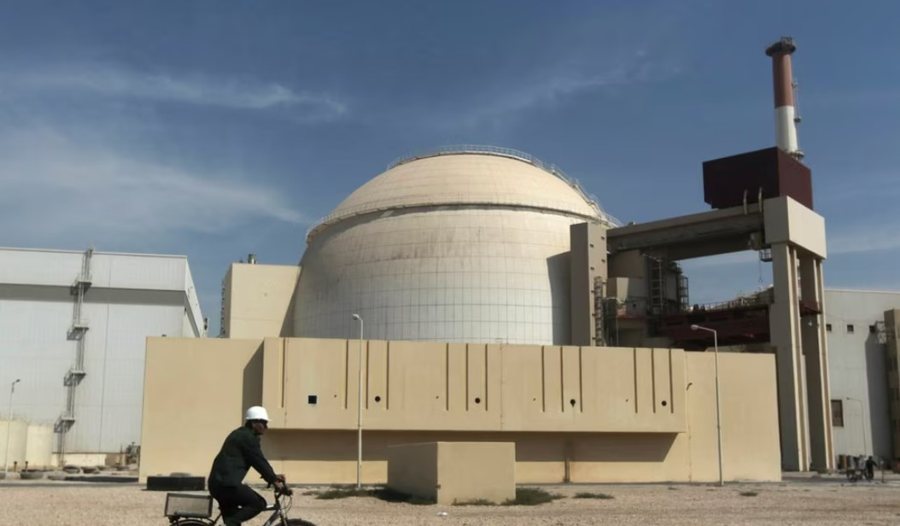
The fifth round of nuclear talks between the United States and Iran ended in Rome with signs of limited progress in negotiations over Iran's nuclear program.
The negotiations, which were mediated by Oman at the residence of the country's ambassador to Italy, ended after about two hours on Friday night.
Both Washington and Tehran have maintained tough stances on the issue of Iran's uranium enrichment, but Iranian Foreign Minister Abbas Araqchi said there is a possibility of progress in the talks after Oman presented several proposals.
"We have just concluded one of the most professional rounds of talks... We clearly expressed Iran's position... The fact that we are now on a reasonable path, in my opinion, is itself a sign of progress," Araqchi told state television.
"The proposals and solutions will be reviewed in the respective capitals... and the next round of talks will be determined accordingly," he added.
Ahead of the talks, Araqchi wrote on X that finding a path to an agreement “is not a science in itself,” adding: “Zero nuclear weapons = we have an agreement. Zero uranium enrichment = we have no agreement. It’s time to decide.”
Omani Foreign Minister Mohammed Albusaidi said the round of talks ended with "some progress, but without any final results."
He hopes that "in the coming days we will clarify the remaining issues, to enable us to move towards the common goal of a sustainable and fair agreement," but did not provide further details.
A senior US official, who was not identified, said the talks lasted more than two hours and were both direct and indirect through Omani intermediaries.
"The talks continue to be constructive - we have made further progress, but there is still work to be done. Both sides agreed to meet again in the near future. We are grateful to our Omani partners for their continued facilitation," the official said, according to Reuters news agency.
The main obstacle is Iran's enrichment of uranium. The United States insists that Iran must give up this to reach an agreement, so that it cannot use it to develop atomic bombs.
However, for Iran, continuing uranium enrichment has become a matter of principle, as Foreign Minister Abbas Araqchi said enrichment will continue "with or without a deal."
The Trump administration maintains that Iran must completely halt uranium enrichment, and US special envoy Steve Witkoff recently said that Washington's stance is essential, "because enrichment enables weaponization."
Reiterating this stance, US Secretary of State Marco Rubio told a Senate committee on May 21 that "any level of domestic enrichment is unacceptable and poses a direct threat."
A new report this week from the US Defense Intelligence Agency said Iran "is most likely not producing nuclear weapons", but "its activity in recent years puts it in a good position to produce them, if it wishes to do so".
Iran is enriching uranium to 60 percent purity, which is close to the level needed for weapons.
Iran says that, while it is willing to lower this rate, it needs uranium enriched to 20 percent for the Tehran reactor.
Meanwhile, European powers have threatened to activate the "automatic reimposition" mechanism of UN sanctions from the 2015 agreement if Iran does not reach a deal with the US by the end of June.
The right to use this mechanism expires in October, so Iran, which has warned of consequences if sanctions are reinstated, is in a race against time.
Meanwhile, Israel is reportedly preparing to strike Iranian nuclear sites in the absence of an agreement, which has led Araqchi to warn of "special measures" that Iran will take if attacked./ REL (A2 Televizion)











